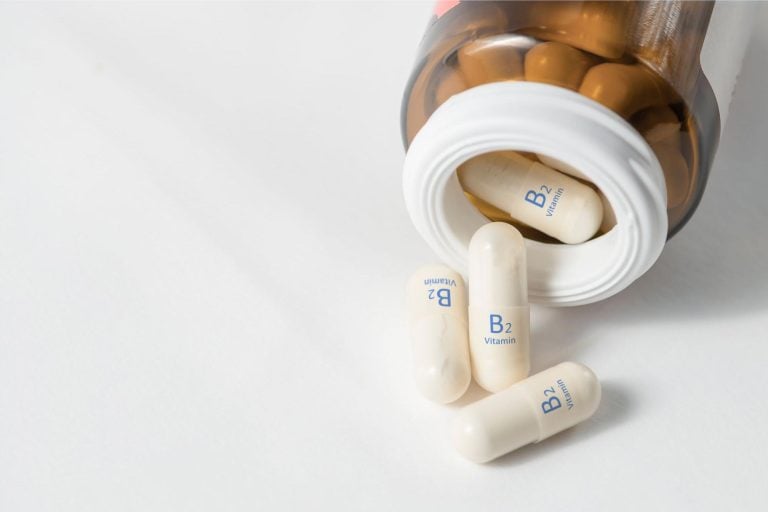In a groundbreaking achievement, researchers at the Technical University of Denmark (DTU) have developed a simple, eco-friendly method for producing vitamin B2 using lactic acid bacteria. This innovative approach has the potential to revolutionize food fortification, particularly in developing countries where vitamin B2 deficiency is prevalent.
The Challenge of Vitamin B2 Deficiency
Vitamin B2, also known as riboflavin, is essential for energy production, immune function, and iron absorption. However, deficiency in this vitamin is widespread, particularly in developing countries where access to nutrient-rich foods is limited.
A Natural Solution
The DTU researchers have discovered a natural method for producing vitamin B2 using lactic acid bacteria. By gently heating these bacteria, they can produce high amounts of riboflavin. This approach is not only eco-friendly but also cost-effective and scalable.
How it Works
The researchers used a food-approved lactic acid bacterium, Lactococcus lactis, to produce vitamin B2. By subjecting the bacteria to oxidative stress, they were able to stimulate the production of riboflavin. The team optimized the production process by adding nutrients, achieving a remarkable 65 milligrams of vitamin B2 per liter of fermented substrate.
Impact on Food Fortification
This breakthrough discovery has significant implications for food fortification. The method allows for easy and local production of vitamin B2, which can be added to foods like yogurt, sourdough, and other fermented products. This approach can help address vitamin B2 deficiency in developing countries, where access to fortified foods is limited.
Future Potential
The researchers envision a future where this method can be used to produce other essential vitamins and nutrients, such as folic acid and vitamin B12. The approach can also be applied to various food types, including sauerkraut. With its potential to improve public health and reduce environmental impact, this discovery is a game-changer in the field of food fortification.
Reference
“Harnessing Oxidative Stress to Obtain Natural Riboflavin Secreting Lactic Acid Bacteria for Use in Biofortification” by Emmelie Joe Freudenberg Rasmussen, Norbert Acs, Peter Ruhdal Jensen, and Christian Solem.

















